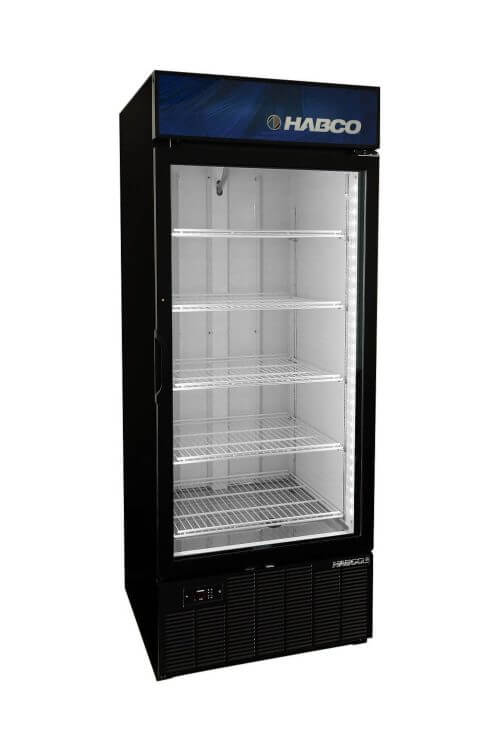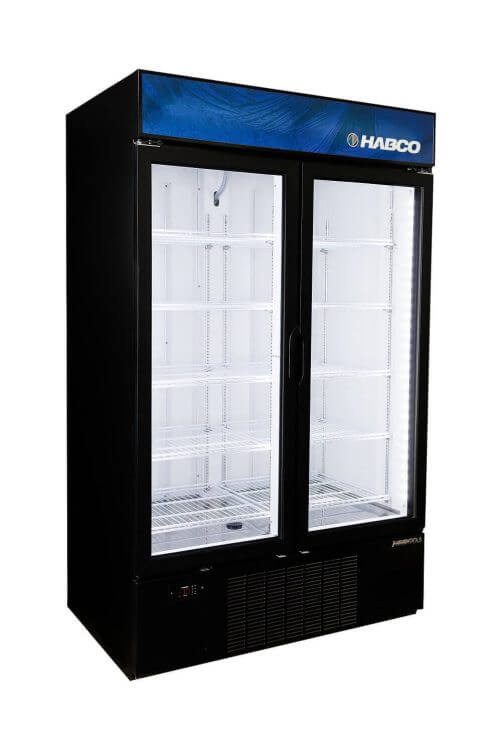How Often Should a Medication Fridge Temperature Be Checked?

As healthcare companies and pharmacies store temperature-sensitive medications, maintaining the proper storage conditions is paramount to ensure their efficacy and safety. Medication fridges, also known as pharmacy refrigerators, play a crucial role in preserving the potency of pharmaceuticals and vaccines. One of the key aspects of maintaining medication integrity is regular temperature monitoring of these fridges.
In this blog, we’ll delve into factors that cause temperature deviations, how often you should check and record medical fridge temperatures, and how to implement the best cold storage practices.
Understanding Medication Fridge Temperature Requirements
Medications that require cold storage are often highly sensitive to temperature fluctuations, and even slight deviations can compromise their effectiveness.
The “cold chain” refers to the uninterrupted maintenance of the required temperature and light during the transportation, storage, and handling of medications. Making sure that the cold chain remains intact is of paramount importance to ensure that the products used in immunization will provide the client with the expected protection.
Factors Affecting Medication Fridge Temperatures
Medical fridge temperature variations can occur due to various factors, such as changes in the surrounding environment or even frequent door openings. These temperature changes can lead to the deterioration of medications, rendering them less effective, or even ineffective.
External factors, such as the location of medical fridges and exposure to direct sunlight, can also contribute to temperature rises. Understanding these factors is crucial in identifying potential risks to medication storage and taking appropriate measures to minimize them.
How Often Should Temperature Monitoring Be Conducted?
The frequency of temperature monitoring depends on various factors, including the type of medications stored, refrigerator usage, and industry guidelines.
For most medications, it is recommended to monitor the temperature at least twice daily. However, factors like the storage volume, fridge location, and the temperature-sensitive nature of the medications influence the monitoring frequency.
The Importance of Regular Temperature Checks
Regular checking medicine fridge temperatures is essential to verify that medications are kept within the correct storage temperature range. Consistent monitoring ensures that medications maintain their potency, preventing potential adverse effects on patients. Also, regulatory bodies often require documentation of temperature logs to ensure compliance with temperature guidelines and quality standards.
Continuous monitoring and temperature logging via a temperature data logger is the best way to ensure that the temperature inside a commercial refrigerator or freezer stays within acceptable ranges.
Implementing Proper Temperature Monitoring Procedures
Proper installation and setup of temperature data loggers are essential to ensure accurate temperature monitoring. Training staff members on correct temperature record-keeping procedures is crucial for maintaining consistent monitoring practices. Educating staff about the importance of temperature control and the role of temperature data loggers enhances the efficiency of the monitoring process.
Ensuring Medication Integrity with HABCO’s Temperature-Controlled Solutions
By implementing a comprehensive temperature monitoring plan with the right equipment and procedures, healthcare companies and pharmacies can safeguard their medications and ensure compliance with regulatory guidelines.
Whether you’re in need of a pharmacy refrigerator or a commercial refrigerator and freezer, trust HABCO to provide high-quality, cold storage equipment to meet your specific needs.



